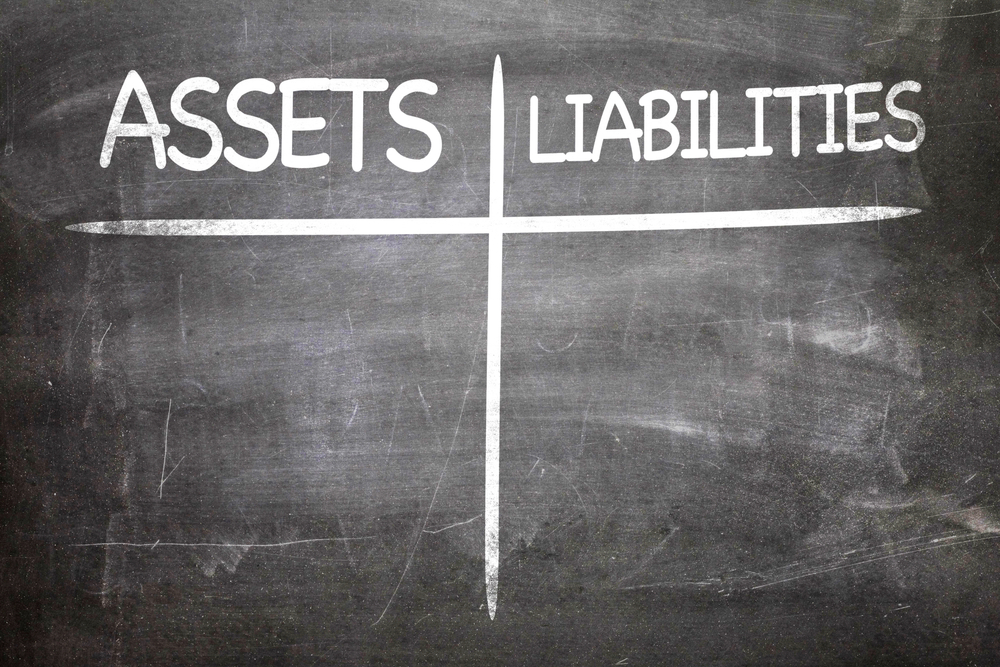** URGENT COVID-19 - WE'RE STILL OPEN *** Please click here for updates.
** COVID-19 - WE'RE STILL OPEN ***
Please click here for updates.
** URGENT COVID-19 - WE'RE STILL OPEN *** Please click here for updates.
** COVID-19 - WE'RE STILL OPEN ***
Please click here for updates.
When you know it's only a matter of time before your marriage ends, the first thing that comes to mind is how much a divorce costs. We always hear about multi-million dollar divorce trials and settlements, but for most of us living in the real world that isn’t a possibility.
Like other legal issues, the cost of divorce varies tremendously from state to state and couple to couple. The cost of a divorce varies from case to case, and there are countless variables to consider, but often it can be expensive.

Some people do allow their divorce to proceed without their participation. Reasons include apathy, guilt, fear, depression or because they are attempting to delay or stop the divorce.
This is never a good idea!
Failure to appear means you have skipped a scheduled court date without notifying the court. You can be charged with contempt of court, and the judge can issue a bench warrant for your arrest. You may also have to pay a fine.
While such measures don't usually happen in a divorce case, you still should always show up in court if required to do so.
Skipping your court hearing not only gives a bad impression but allows the other spouse to tell the court what they want.
If you aren’t there, you can’t disprove their story or defend your self! Once this testimony is part of the court record it becomes very hard to discredit later—because you didn’t show up in the first place to refute it!

You spent a long time getting your shared parenting plan hammered out so that both you and your ex were satisfied with it.
Or maybe you had a protracted custody battle that ended in the court making the parenting decision for you.
Either way, there is often some point in their lives that a child may start to resent the visitation schedule and refuse to see the other parent.
What can you do in this situation?
Are you supposed to make your child go or should you give in?
What are the possible legal consequences?
And can older children decide on their own whether or not they want to visit the non-custodial parent?
In this article, we will discuss common problems that happen in shared parenting, the possible legal ramifications and some things you can do to make the transition easier on your child.

A CNN Money article reported that as of 2009, over $100 billion was owed in unpaid child support payments. For lower-income mothers receiving child support, the child support payments accounted for almost one-half of their total income.
When payments are not made by the other parent, mothers have no choice but to seek public assistance for themselves and their children. The problem has continued to grow as more parents never marry, separate or divorce and the need for child support increases.

When it comes to ending a relationship, the word “separation” can be a confusing term.
While there are many different types of informal separations, there is only one legal separation recognized in the state of Ohio. A legal separation does not terminate a marriage, and you are not free to remarry. Under Ohio law, there are only three ways to terminate a Marriage: Divorce, Dissolution or Annulment.
What is the difference between a dissolution and a divorce? In a divorce, the spouses are unable to agree on issues such as child support, property di...

If you are attempting to get a Dissolution in Columbus, Ohio, then you should strongly consider using a “private judge.”
A private judge is usually a retired judge who can hear your case in place of going through official court to help you end your marriage peacefully. Private judges are paid for their services by one or both parties.
As you will see, the value of using a private judge is through the roof compared to the normal courtroom setting.

A lot has been written about the new tax bill, Congress’s Tax Cuts and Jobs Act of 2017.
The internet is packed with articles and blog posts, from The New York Times to TurboTax, warning people about the promises and pitfalls of the new bill.
A lot, too, has been written about its effect on divorce—and for good reason.

Do you live in the City of Columbus or Franklin County (Gahanna, Grove City, Upper Arlington, Worthington, etc), Ohio? Are you're trying to win a divo...

When you are going through your divorce, there is a good chance that you will experience many negative emotions.
These emotions can include anger, resentment, loneliness, and frustration. However, even though divorces can be highly emotional and difficult to deal with, you will still most likely have to communicate with your spouse. At least to a certain extent during the divorce proceedings.

It's the most important document in your divorce case: the Balance Sheet. What is the Balance Sheet and how will it help you? This article is designed to make sure you understand how critical the Balance Sheet is when it comes to winning your divorce case.
The balance sheet focuses on valuing, distributing, and dividing all marital assets and liabilities.

Finding out or even suspecting that your spouse or partner is having an affair is one of the most hurtful things that can happen to a relationship.
Instant feelings of anger, shock, resentment and other negative emotions can set in quickly causing you to do things that can harm your future. Knowing that your partner is involved with someone else is hard enough, but knowing what to do can be even harder.

Dating isn't easy, but it can be even harder after divorce because it brings its own set of challenges.
When a relationship like a marriage ends, you’re not yourself. You need time to rebuild and recover.
But how much time do you need?
When a marriage is good, it can be a tremendous blessing. A good marriage provides you with a consistent source of happiness and a sense of fulfillment.
However, a truly happy and positive marriage can be difficult to achieve. All too often, marriages turn out to be very negative, unhealthy, and bad.
Most couples going through a divorce will have to deal with the issue of property and asset division. When it comes to these items, the state of Ohio is considered an equitable distribution state.
To understand divorce laws in Ohio regarding property division, you have to understand that equitable is not defined as equal, the property will not be divided 50-50. For example, just because one spouse was the major breadwinner is no guarantee that he or she will get the majority of the marital property.
Divorce can put an enormous emotional strain on people. This is because it frequently involves the splitting of assets, arguing over contentious points, child custody battles, and more.
Also, divorces are often the emotional endpoint of conflict between two people that may have lasted for years or even decades!

A divorce that we think of as “traditional” involves both parties separately hiring their attorneys to represent their best interests. This often happens when both of the parties are unable to agree on issues like property division, child custody, or child and/or spousal support.
Depending on the issues to be decided, a traditional divorce can take the longest time of any type of divorce to be finalized. In especially contentious cases, hiring an attorney is a good idea since each lawyer can present his or her client’s interests to the court.
Getting a divorce can be stressful enough, but what if the attorney you have chosen to represent you doesn’t seem to be working out?

According to the Pew Research Center, in 2013, four out of ten new marriages included one partner who had been married before, and two out of every ten new marriages were between people who had both been previously married. In many of these marriages, children from previous relationships are involved.
Creating a blended family means everyone’s roles shift. It may take time for one family to get used to living with another one, even if they all got along before.
Jack’s Law Office
305 S Sandusky St
Delaware, OH 43015
(740) 369-7567